From Pilots to Scale: Lessons from the Industrial AI Summit

The Industrial AI (INAI) Summit, co-organized by Pelico, Spread, and EthonAI, brought together over 150 pioneers in industry, policy, and technology to Donaueschingen, Germany for one day in September 2025. We gathered to focus on how fast and how far European industrial leaders can go with AI.
The message was clear: we cannot afford another decade of isolated pilots. Competitiveness in 2030 will be defined by the decisions made in 2025.
Here are our key takeaways:
1. Pilots are Seeds for Scale
“Too many projects chase hype. Match use case with business case or risk stagnation.”
— Prof. Dr. Torbjørn Netland, ETH Zürich
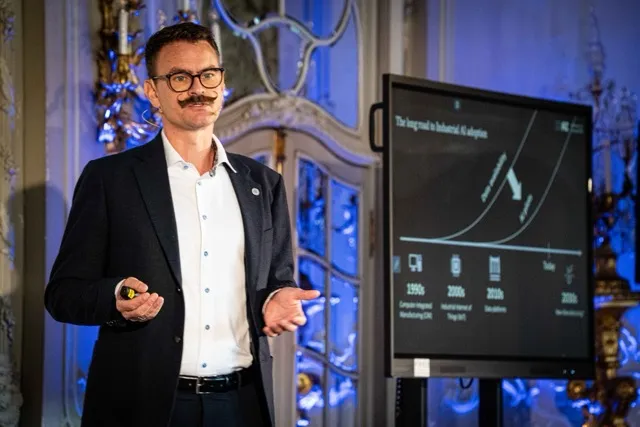
Pilots have their place, but Europe’s industrial leaders agreed the time for small-scale tests is ending.
Companies that succeed embed AI directly in workflows, not as showcases. Scaling requires discipline: prove impact, replicate across sites, and secure executive sponsorship.
2. Agentic AI in Supply Chains
“The future is Agents running 24/7, scanning the supply chain to identify disruptions, reschedule production, and synchronize operations in real time.”
— Tarik Benabdallah, CEO, Pelico
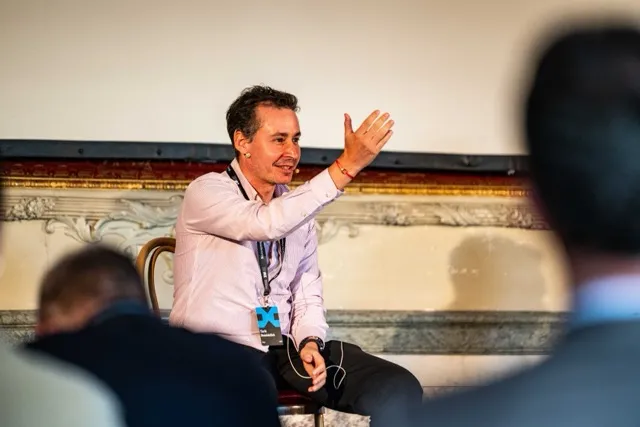
Tarik underlined how agent-based AI moves beyond insight dashboards to execution engines. This new layer enables manufacturers to:
• Reallocate scarce parts automatically.
• Dynamically reschedule production plans.
• Deliver reliable promise dates to customers.
3. Adoption at Full Speed
“Deployments scale faster if they are sponsored by executives with deep operational knowledge.”
— Tarik Benabdallah, CEO, Pelico
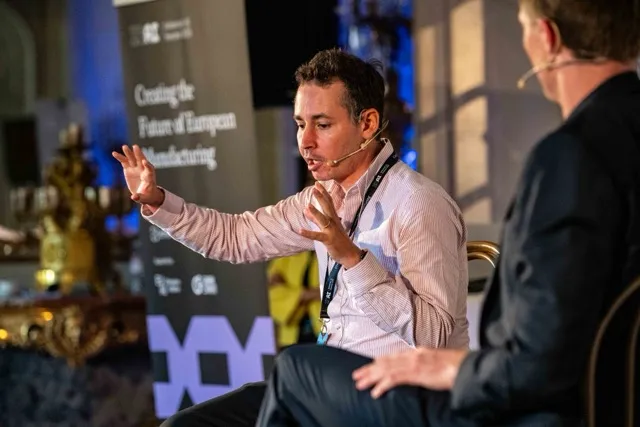
Digital transformations fail when they are only pushed from the top. Full-scale adoption comes when:
• Executives link AI initiatives to strategic priorities.
• Operators closest to the problems shape and implement solutions.
• Both levels stay accountable for outcomes.
4. Trust and Ecosystems Will Decide Winners
“Ecosystem openness and explainability are essential for AI trust in the industrial space. Without trust, adoption will stall.”
— Jeffrey Hojlo, IDC
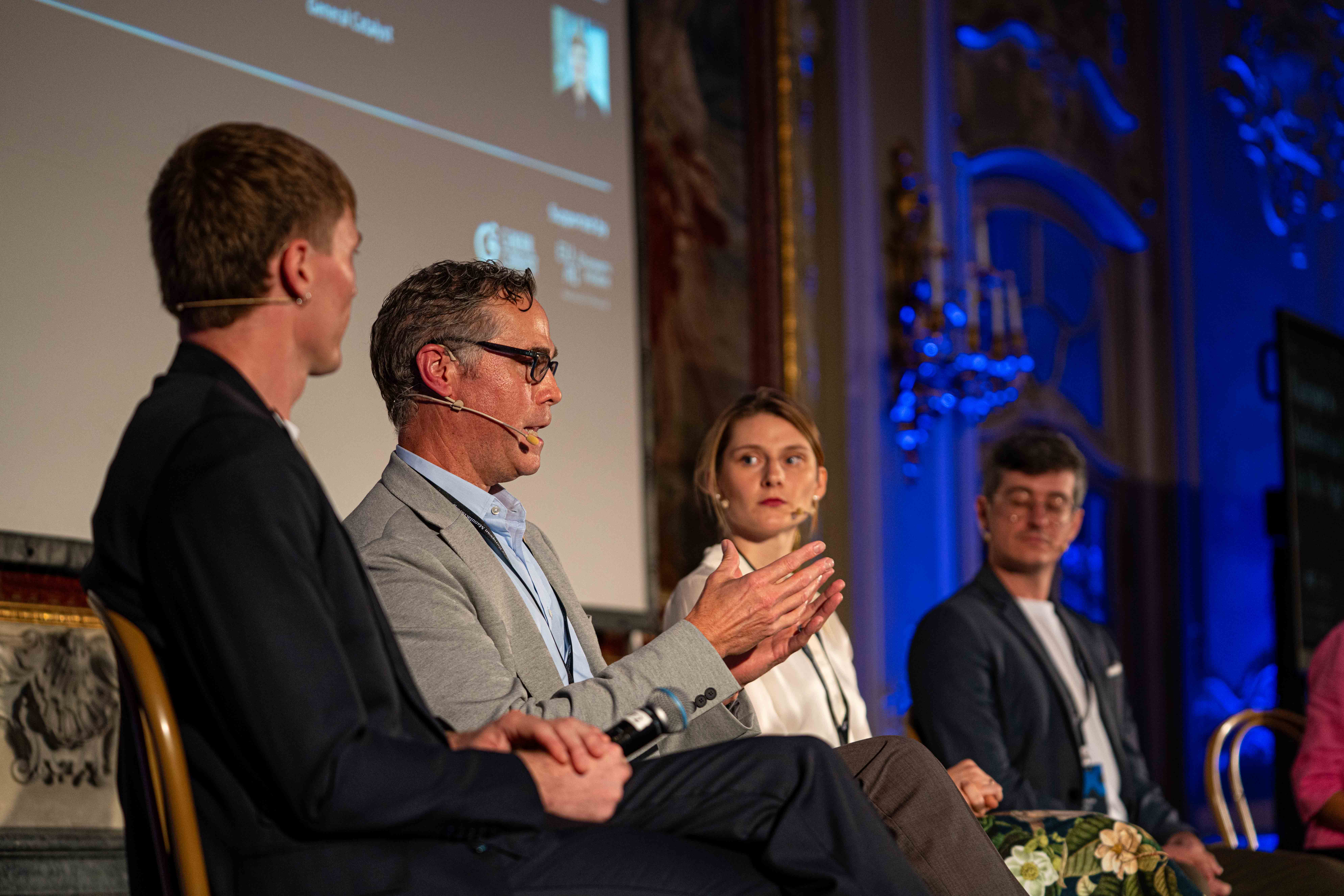
Europe’s unique advantage is its tradition of trusted industrial ecosystems. Shared standards, open data, and explainable AI will be key levers for scaling adoption across industries.
5. Talent and Culture Are Critical
“Great talents are the key to success in the field of AI, and this is a fundamental strength in Europe. Strategic investments in skills and education will allow Europe to compete globally.”
— Torsten Kroeger, CSO, Intrinsic
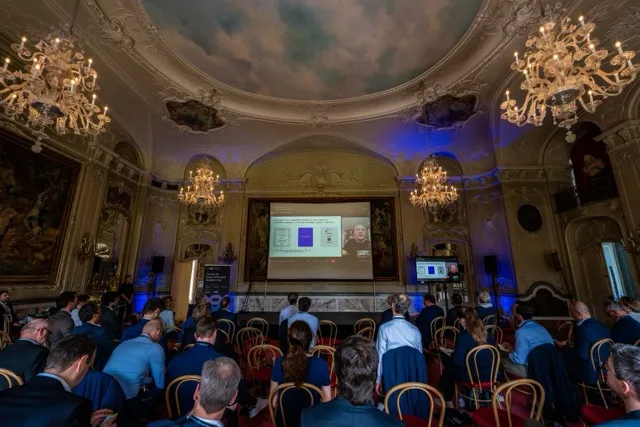
Technology is advancing quickly, but the talent pipeline is not. Organizations must invest heavily in digital skills and foster a “go and try” culture—less caution, more experimentation—if they want to lead.
What This Means for Manufacturers
The consensus at INAI: Scaling industrial AI is no longer optional.
• Treat pilots as strategic seeds for scale.
• Embed AI into workflows tied to business value.
• Use agentic AI to synchronize operations in real time.
• Build ecosystems rooted in trust, openness, and talent.
At Pelico, we’re already helping manufacturers put these principles into practice—turning disruption into resilience and complexity into competitiveness.
Want to explore how these lessons apply to your supply chain?


